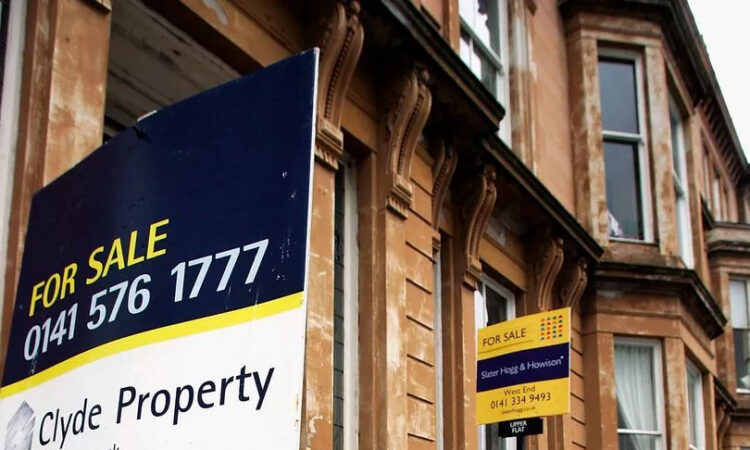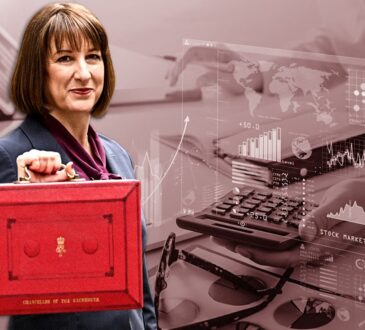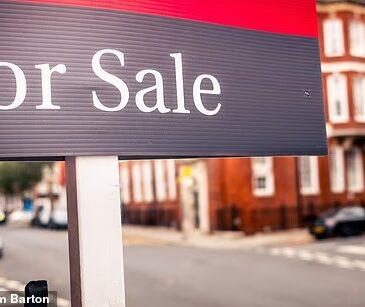
Buying a home or property comes with so many new words and phrases to get your head around. The terminology can be overwhelming and confusing and can leave Brits struggling to separate their deeds from their deposits.
This is where property tax and stamp duty come in. This week, it was announced that the Treasury is considering plans to raise money from a tax on the sale of homes worth more than £500,000 in England, according to reports.
Government officials are looking at a potential national property tax, which would replace stamp duty on owner-occupied homes, The Guardian reports. Stamp duty would still apply for second homes.
READ MORE: Fence painting warning to householders over little-known law
READ MORE: Exactly how often towels should be washed and it’s not what many householders think
So, what is the difference between property tax and stamp duty? UK property tax is a complicated mixture of things depending on whether you’re a homeowner, a landlord, if you’ve inherited property and the size of your home.
Stamp duty is the tax you pay the government on any home or land bought in England or Northern Ireland. Scotland and Wales have their own systems.
If you’re buying a home in Scotland that costs more than £145,000, or £40,000 if it’s a second home, you’ll pay Land and Buildings Transaction Tax (LBTT), which is the Scottish equivalent of Stamp Duty.

If you’re a UK homeowner, you need to understand the various taxes you might need to pay -Credit:© 2021 Bloomberg Finance LP
It’s a fully devolved tax and the Scottish Government makes decisions about and sets LBTT rates. For that reason, announcements made by the UK Government about stamp duty do not apply in Scotland.
For buyers changing homes, any home in Scotland over the value of £145,001 (£125,000 in England and £180,001 in Wales) will require a payment. If it’s an additional home that you’re purchasing, you’ll pay an even higher percentage of stamp duty – usually an additional three per cent on top of the standard payment.
Most people will know it as the tax they may pay when buying a house, but it also applies to non-residential purchases and leases.
Any changes to LBTT rates and bands are considered as part of the yearly Scottish Budget and must be approved by the Scottish Parliament. LBTT is administered and collected by Revenue Scotland.

Rachel Reeves is reportedly examining options including tax on homes sold for more than £500,000 in England -Credit:Getty
How much you pay depends on the type and value of the property, so if you are buying a house to live in, a second home or a commercial property. Support is available for first-time buyers in the form of first-time buyer relief.
Wondering how much you pay? You can use the LBTT calculator on Revenue Scotland’s website to work out how much tax you may need to pay on a property. You can also get information on rates, bands and how to pay LBTT.
The new proposed property tax, as it is for homes over £500,000, would only impact around a fifth of property sales, compared to the current 60 per cent. The UK Government believes the new levy would offer a more consistent source of revenue, while raising a similar amount.
If you live in the UK there is also some annual property tax in the form of council tax. Council Tax is a local tax that helps to pay for local services such as rubbish collection, roads and local area maintenance.
You pay it directly to your local council. For most homes in Scotland, Council Tax is billed alongside water and waste charges from Scottish Water. Water charges help to pay for providing clean water and maintaining the sewerage system.
The rate of council tax you pay depends on the size of the home you live in and the council where you live. You’ll usually have to pay Council Tax for the home you live in if you’re 18 or over.
You may also have to pay Council Tax on any empty property that you own, including second homes. A full Council Tax bill is based on at least two adults living in a home. You can apply for a discount if you’re the only adult living in your home.
Other taxes that relate to homes in this country are usually payable either when you’re buying, selling or inheriting a property. If you are renting a home as a buy-to-let, the amount of income you make will be taxable each year, so what you pay in tax will depend on your earnings.




